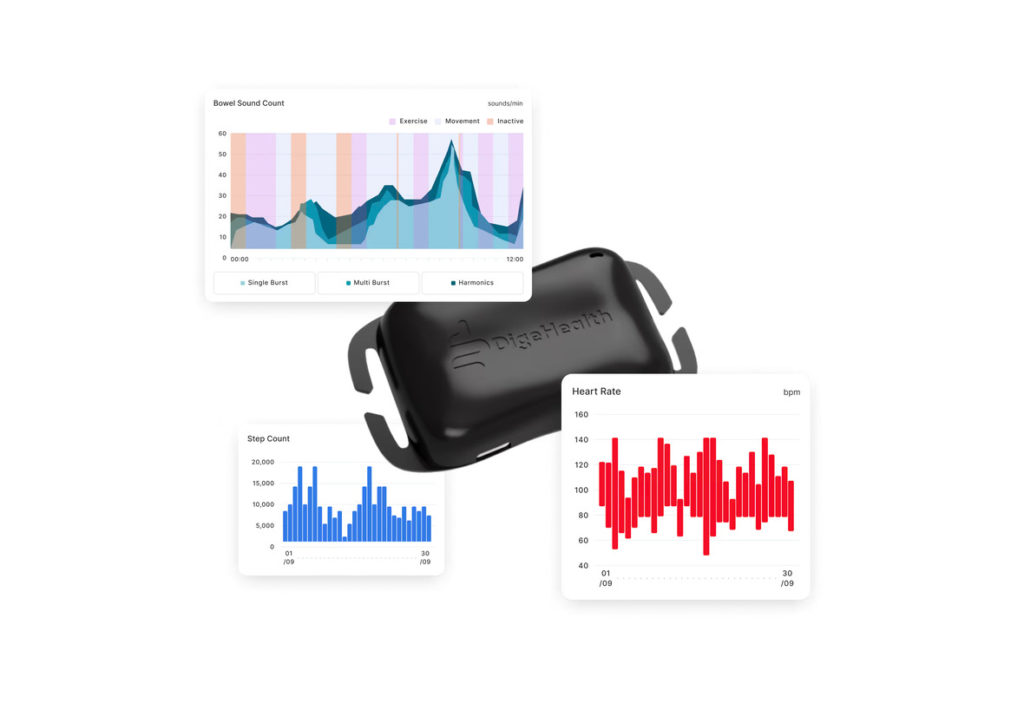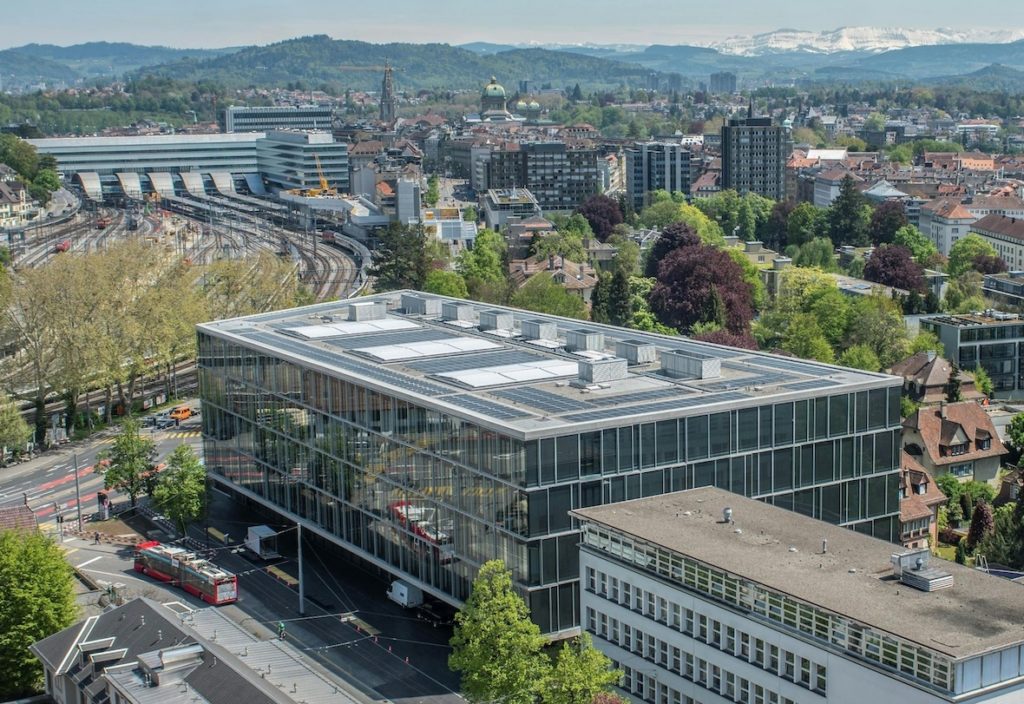
Western Switzerland research teams explore new strategy to boost cancer immunotherapy
14 April 2025
 The project is led by Li Tang (EPFL, center), Camilla Jandus (UNIGE, left), and Olivier Michielin (HUG, right). | © Alban Kakulya
The project is led by Li Tang (EPFL, center), Camilla Jandus (UNIGE, left), and Olivier Michielin (HUG, right). | © Alban Kakulya
A collaborative research team from EPFL, the University of Geneva (UNIGE), and Geneva University Hospitals (HUG) has been awarded the 2025 Leenaards Science Prize for a pioneering project aimed at enhancing the effectiveness of immunotherapy by altering the mechanical properties of cancer cells.
The initiative, led by Li Tang at EPFL’s Laboratory of Biomaterials for Immunoengineering, seeks to increase the stiffness of cancer-cell membranes to improve the ability of immune cells to recognize and destroy tumors. The project, which combines engineering, biology, and clinical practice, is one of two winners of this year’s prestigious prize, which supports innovative translational research in the Lake Geneva region.
T-cells, the immune system’s key defenders, typically struggle to latch onto and eliminate cancer cells due to their abnormally soft membranes. By making the cancer cells more rigid, researchers hope to enhance the immune response in patients for whom current immunotherapies remain ineffective. The research team believes this mechanical property may represent a hidden vulnerability of tumors—one that can be exploited to boost treatment outcomes.
A translational effort from discovery to clinic
The three-year project will unfold across multiple institutions. At EPFL, researchers will conduct high-throughput screening to identify molecules that can safely and effectively increase membrane stiffness. UNIGE scientists will then expose these treated cancer cells to immune cells derived from patient blood samples and conduct tests on animal models to evaluate the synergy between membrane rigidity and immunotherapies.
At HUG, oncology specialists will analyze patient biopsy samples to explore potential links between cancer cell membrane composition and responsiveness to immunotherapy. This work could reveal whether tumors with softer membranes are more likely to resist treatment and inform future strategies for patient stratification.
The project was selected by the Fondation Leenaards for its innovative approach to a critical clinical challenge and for bringing together experts from different institutions and disciplines. It illustrates how interdisciplinary collaboration can open new pathways in the fight against cancer, potentially transforming how therapies are designed and tailored in the future.

